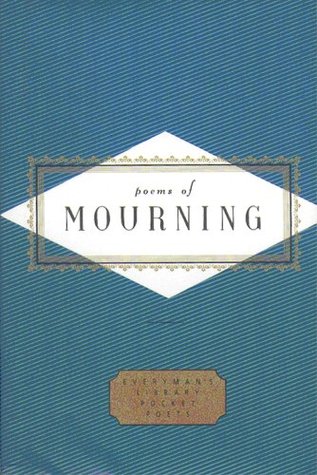From the end of the last year I have been actively into Ukiyo-e (a genre of Japanese panting), and would like to share some of my recent discoveries. Shōtei (Hiroaki) Takahashi (1871-1945) is considered to be one of the most prominent artists of the Shin-hanga (new prints) movement, which flourished in the early 20th century Japan and aimed to revitalise the traditional 17-19th century ukiyo-e art. Shōtei was raised in an adoptive family and was once an apprentice to his uncle, Matsumoto Fuko, who taught him Japanese-style painting. As a young man, he also worked for the Imperial Household Department of Foreign Affairs, and later for the Okura Shoten and Maeba Shoten publishing, as well as for the well-known Shin-hanga publisher Shōzaburō Watanabe, where he produced original designs. Below are some of his paintings showcasing the mysteries and wonders of the night, and winter season.











